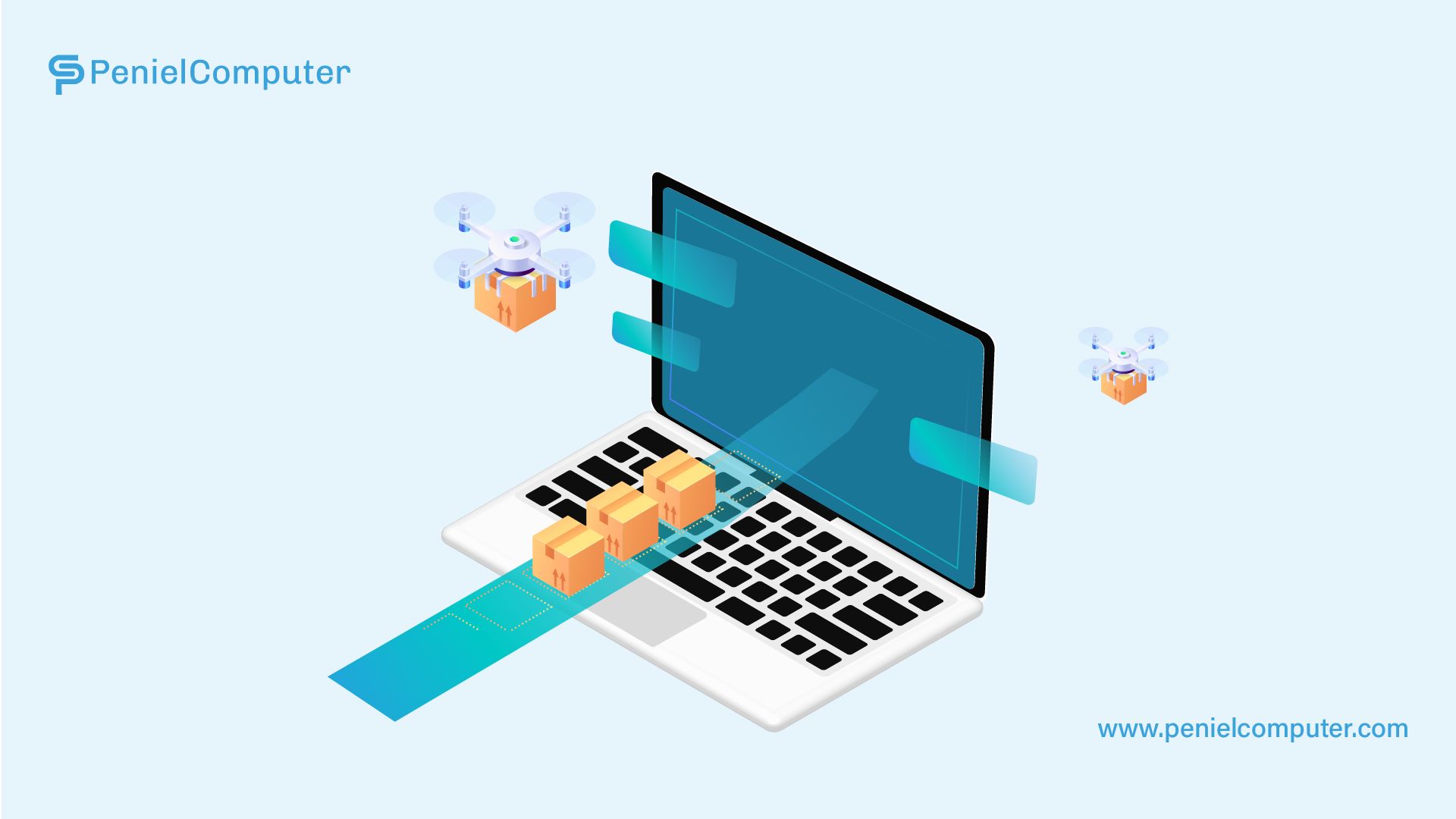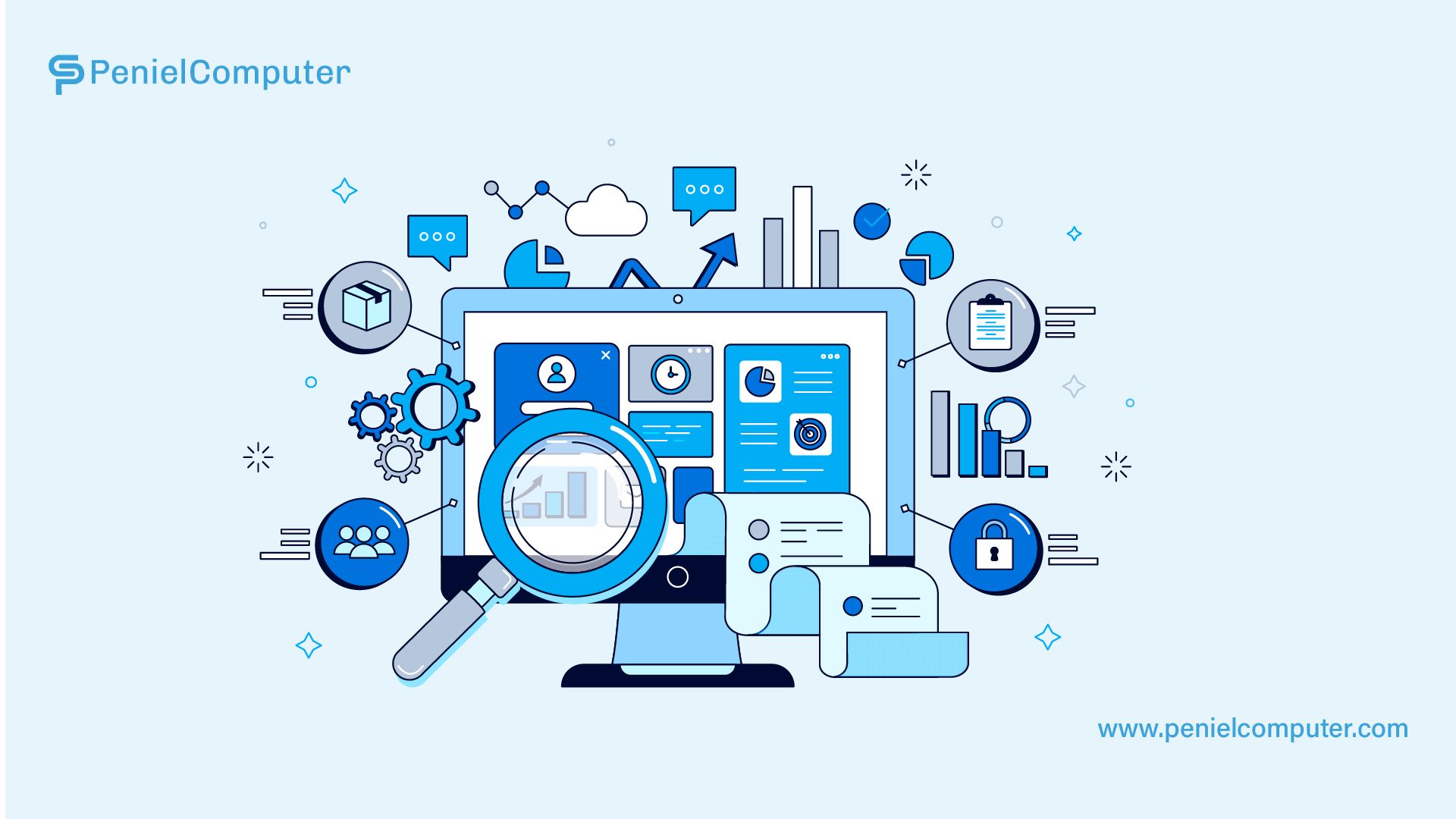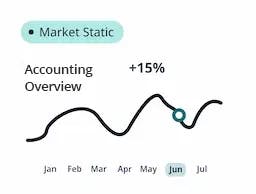
Admin
2024-01-16

The Fundamentals of Manufacturing
At first, ERPNext offers solutions for various aspects of manufacturing businesses. It involves tasks such as warehouse management, workstation/machine control, operation tracking, and inventory management for finished goods and raw materials. Also, ERP Software helps in activities like bill of materials monitoring, work order planning and execution, procurement, and more.
Contact us?
Introduction
ERPNext is an open-source cloud-based ERP software designed specifically for the manufacturing industry. It evidently manages all aspects of the business. This centralized platform helps with access to all operational processes and workflows from a single location. It covers everything from raw materials to production, inventory to resource management, supply chain to payroll, and packaging to delivery. Also, it helps with delivering real-time visibility into every step of the manufacturing process.
In today&pos;s fiercely competitive business landscape, manufacturing and production sectors are continually evolving, and growing more intricate. Consequently, they are embracing advanced technology in the form of ERP manufacturing software, such as ERPNext Saudi Arabia. This software has transformed the way companies conduct their operations. It explicitly provides real-time insight into the intricacies of the manufacturing process.
As a result, an increasing number of companies are adopting ERP manufacturing software to simplify their operations, enhance efficiency, and lower costs. This article offers a closer examination of the expansion of open-source cloud-based ERP manufacturing solutions.
The Significance of Manufacturing ERP Software
Manufacturing efficiency plays a pivotal role in achieving substantial profits. Inefficiencies and discrepancies in manufacturing and inventory management translate into potential revenue losses. Whether attributed to inadequately trained personnel, outdated machinery, or convoluted systems, these elements can significantly diminish your manufacturing efficiency.
Additionally, there are numerous other factors that warrant optimization, such as space utilization, storage, and supply chain configuration. However, in this blog post, we will explore how software can be instrumental in enhancing manufacturing efficiency. We will delve into topics where software can drive improvements in manufacturing efficiency, including:
- Accurate cost measurement.
- Management and recycling of scrap materials.
- Standardizing processes to minimize variations and defects.
- Addressing machine downtime.
- Sustaining machines for uninterrupted production.
- Procuring the best supplier offers.
- Facilitating communication and aligning everyone on the same page.
- Encouraging employee input for improvement ideas.
We will also touch on an additional point that pertains to elements surrounding the manufacturing process. Let's commence.
Master Data
The Manufacturing module within ERPNext provides tools to manage essential elements such as Warehouses (locations), Workstations, Operations, Finished Goods, and Raw Materials. In the context of manufacturing, Operations and their associated Workstations hold particular significance. It's because they can be configured based on the Finished Goods outlined in the Bill of Materials. Warehouses serve the purpose of storing Raw Materials and Finished Goods. Therefore, ERPNext allows users to create distinct Warehouses for Raw Materials and Finished Goods.
Further details are elaborated below:
- Warehouse
- Workstation / Machine
- Operation
- Raw Material / Finished Good
- Routing
- Transaction Data
Within the Manufacturing module of ERPNext, you can effectively maintain multi-level Bills of Materials (BOMs) for your Items. This functionality helps in tasks like product costing, production planning, and generating work orders for your manufacturing shop floors. Not only that, but also it assists in creating job cards, and inventory planning by determining material requirements through BOMs or Material Requirements Planning (MRP).
Additional information is provided as follows:
- Bill Of Materials
- Work Order
- Job Card
- Production Plan
Types of Production Planning
Broadly, there are three primary categories of Production Planning Systems:
Make to Stock: These systems involve planning production based on forecasts, with items subsequently sold to distributors or customers. Examples include fast-moving consumer goods found in retail shops, such as soaps and packaged water, as well as electronics like phones.
Make to Order: In these systems, items are manufactured only after a customer places an order. These are customized to the customer's specific requirements. An example is the creation of a wedding cake.
Engineer to Order: In this scenario, each sale is considered a distinct project, requiring design and engineering to meet the customer's unique needs. Common examples encompass custom businesses like furniture, machine tools, specialty devices, and metal fabrication.
It's worth noting that many small and medium-sized manufacturing businesses operate within the make-to-order or engineer-to-order framework. This as a result aligns with the functionality of ERPNext. For engineer-to-order systems, the Manufacturing module should be used in conjunction with the Project module.
Manufacturing's Impact on Inventory
The status of work orders hinges on the stock transactions associated with them. In ERPNext, you can transfer the necessary raw materials from the Storage area to the Work-In-Progress Warehouse for the production of finished goods. Within the Work-In-Progress warehouse, the raw materials can be consumed through the Stock Entry process. You have the flexibility to either bulk-consume the raw materials and add the finished goods, or consume the materials first and subsequently add the finished goods.
Machine Maintenance for Efficiency
An often overlooked aspect that significantly influences manufacturing efficiency is machine maintenance. Machines, particularly older ones, or those operated continuously without regular maintenance, tend to perform suboptimally and can impede production. Hence, regular maintenance visits are essential to ensure your machines remain in optimal working condition. Even better, establish predetermined maintenance schedules by scheduling maintenance slots in advance. Finally, your manufacturing machines receive the care they require. Maintenance schedules facilitate the timely planning of maintenance visits. You can set start and end dates, specify the frequency of required maintenance, and use the 'Generate Schedule' function to create a list. Combining this with notifications, you can receive email alerts. Consequently, even if the maintenance provider overlooks a visit, you'll stay informed.
Optimizing Supplier Selection
Merely obtaining a supplier quote is not sufficient! Having the ability to gather quotes from all suppliers in one central location empowers you to choose the best option. The best choice doesn't always equate to the cheapest one! Factors like delivery distance and applicable delivery fees also play a crucial role.
In ERPNext, use the supplier portal to consolidate all supplier quotes in a single place. Then you respond and select the most suitable option for your needs. The process begins by creating a 'Request for Quotation,' which can be sent to multiple suppliers. As the suppliers provide their quotes and any associated conditions, this data is recorded in your account under 'Supplier Quotation' in draft form. You can then make your selection from these records and submit them to the system. This approach significantly streamlines the process, eliminating the need for numerous emails and spreadsheets. Request quotations from all your suppliers and provide them with a link to submit their information. This way, you can conveniently access all supplier quotes in one location. Ultimately, you choose the most suitable option.
Effective Communication and Alignment
During production planning, overlooking a worker or, worse, a shop manager can lead to miscommunication and delays in execution. If a worker is unaware that they need to work an additional 2 hours on a late Wednesday evening shift to fulfill an order, they may leave for home, causing delays in order fulfillment. The precise allocation of workstations and the correct routing of goods to the appropriate warehouses all depend on effective communication.
However, the challenge often lies in verbal instructions, emails, and even instant messages that can get lost as they are outside the ERP system. Tagging employees within the system itself can better manage this challenge. Mentioning colleagues, subordinates, and supervisors with "@" symbols followed by their names within a conversation beneath a form guarantees that they receive email notifications. This significantly keeps everyone informed whether you're reassigning machines or experiencing production delays.
Sales Management
Activities that occur after the assembly of finished goods are downstream processes. This includes setting the right product prices and selling them to the appropriate customers at the right locations and times. To achieve this, you require Customer Relationship Management (CRM), sales, and inventory management software.
Manufacturing companies often place a strong focus on their products, which is essential. However, this can sometimes result in losing sight of other critical aspects. To bring your products to market, it's necessary to establish a website or populate your CRM system with multiple regular customers. Also, you must maintain and nurture those customer relationships.
The bottom line
When data integration is seamless across the entire system, manufacturers find it easy to connect with various modules, legacy systems, and external applications. This integration leads to an increase in Return on Investment (ROI) and strengthens competitiveness in the marketplace. It also amplifies relationships with customers and partners and builds up system adoption for making well-informed decisions.
Regarding pricing, we offer cost-effective ERP solutions tailored for manufacturers and industrialists. Our reputation is built on providing quality services at competitive prices.
We provide ongoing support for the implementation of ERP manufacturing software in your industry. Our consistent approach to operational workflows improves efficiency and productivity.
Join our free consultation for ERPNext in the manufacturing industry, where you can explore the ERPNext manufacturing workflow, modules, benefits, and features. If you're launching your manufacturing business, contact Peniel Computer to schedule a free ERPNext manufacturing demo with certified ERP consultants today!
Latest News
From Our blog and Event fanpage


